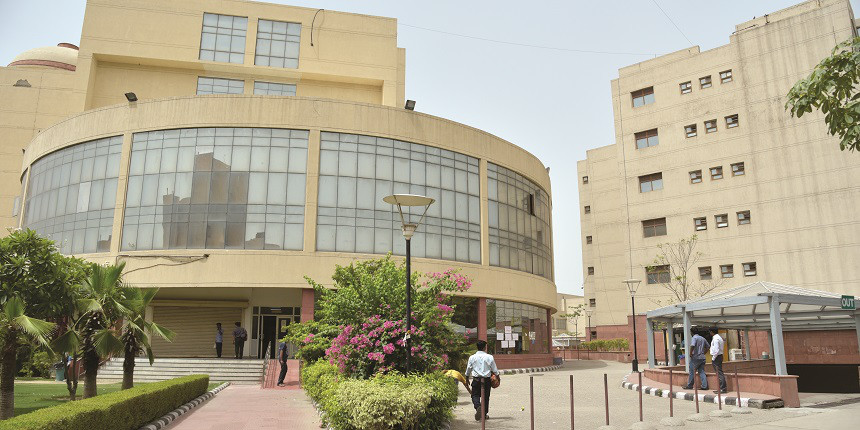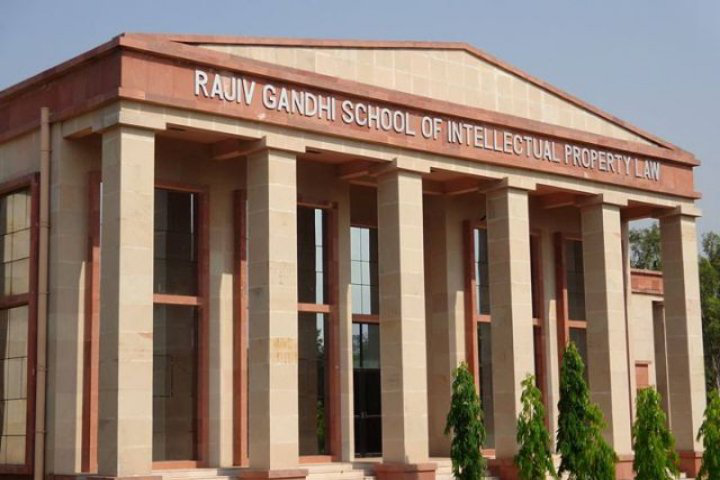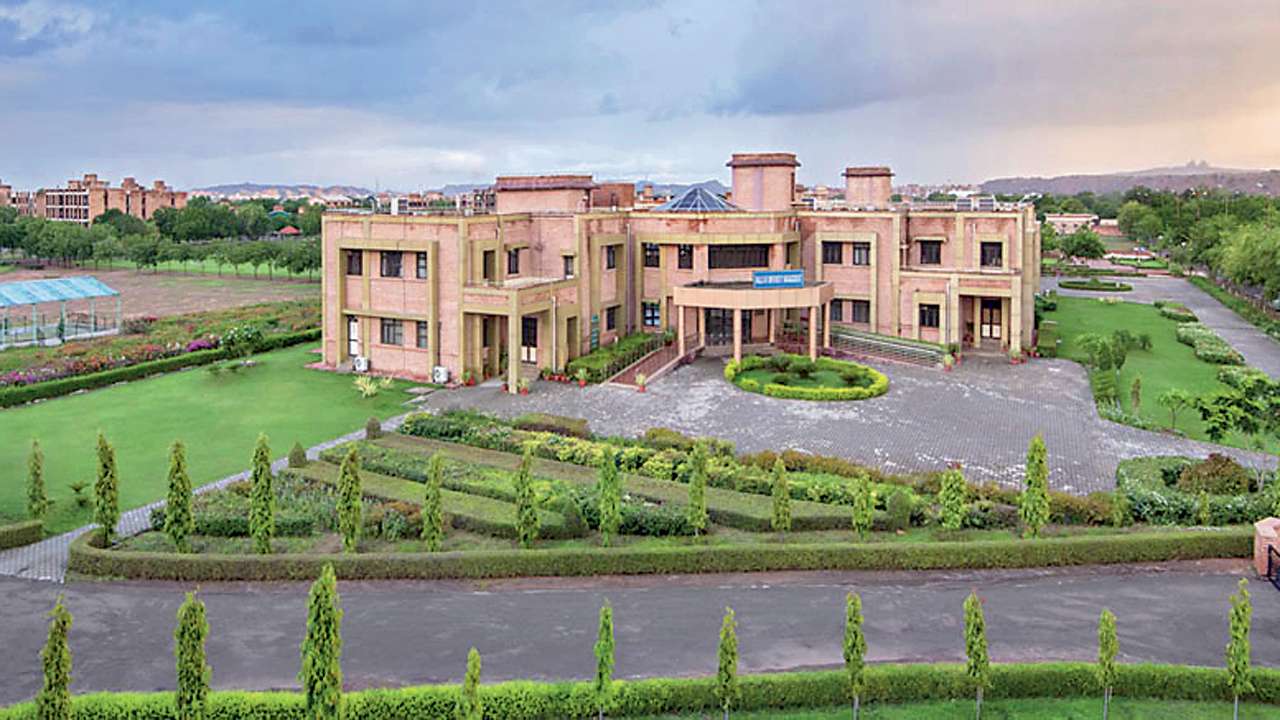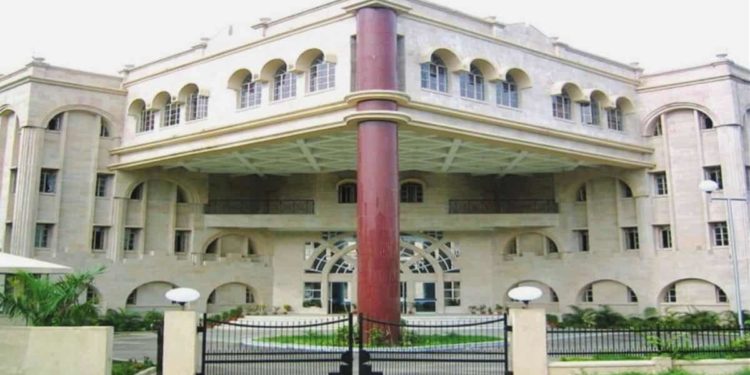Several ranking agencies like The Week, Outlook India, NIRF, India Today, etc. release their rankings after assessing several factors of the best law colleges of India such as faculty, infrastructure, placements, course curriculum, etc.

The National Institute Ranking Framework (NIRF) has released its rankings for the year 2020. A good number of top law colleges in India have featured on the NIRF 2020 ranking list. The NIRF 2020 and India Today 2020 rankings of the top 5 law colleges of the country have been provided below:-
1. NLSIU Bangalore – National Law School of India University.
National Law School of India University, also known as NLSIU Bangalore is the top NLU among 23 NLUs. It was established under the National Law School of India University Act (Karnataka Act 22 of 1986). It is recognized by the University Grants Commission (UGC) and is also a member of the Association of Indian Universities (AIU).
It is accredited with an “A” Grade by the National Assessment and Accreditation Council (NAAC). Apart from the regular courses, it also offers a student internship program and student exchange program.

It also gives an opportunity to the students to conduct research on various topics through its research centers. It has more than 10 research centers for conducting research-related activities.
The School comprises four councils and committees, namely The General Council, The Executive Council, The Academic Council, and The Finance Committee. It has more than 20 permanent faculty members.
2. NLU Delhi (NLUD) – National Law University, Delhi.
National Law University, Delhi, also known as NLU Delhi is a state-level Law University that was established in 2008. Out of the 23 NLUs in the country, NLU Delhi is among the leading ones.
It is recognized by the University Grants Commission (UGC) and is also a member of the Association of Indian Universities (AIU). It is accredited with an A Grade with a score of 3.59 by the National Assessment and Accreditation Council (NAAC). Admissions and the course curriculum at NLU Delhi are as per the legal regulations prescribed by the Bar Council of India (BCI).

Presently, the University offers BA LLB (Hons), LLM, LLM (Pro), Ph.D., and PG diploma courses in various specializations of Law. One of the reasons for the rankings of this University is its teaching pedagogy.
The teaching pedagogy includes education through lectures, seminars, and tutorials. Students can also participate in moot court competitions, research activities, seminars, and workshops to enhance their skills.
The University also invites sitting and retired judges from the Supreme Court and High Courts, leading lawyers and academicians, and retired judicial officers, for lectures, seminars, and discussions with students and faculty.
3. The National Academy of Legal Studies and Research –NALSAR.
The National Academy of Legal Studies and Research, also known as NALSAR University of Law is a National Law University located in Secunderabad, Hyderabad.
The University was established in 1998 by an Act of the Andhra Pradesh State Legislature. It is popularly known as NALSAR or NALSAR Hyderabad and is recognized by the University Grants Commission (UGC) and is accredited with an “A” grade with a score of 3.60 by the National Assessment and Accreditation Council (NAAC).

The University offers full-time UG, PG, doctorate, and diploma programs in various fields of Law and Management. Apart from the full-time programs, the University also offers part-time programs under the NALSAR Directorate of Distance Education (DDE).
The full-time courses are offered under nine different centers, namely Centre for Constitutional Law, Centre for Family Laws, Centre for Legal Philosophy, and more.
Apart from this, the University has undertaken collaborative research with the Centre for Cellular and Molecular Biology, Centre for Children Law & Ethics, Cumberland School, Samford University, Centre for Disability Law & Policy, University of Ireland, and more
4. Rajiv Gandhi School of Intellectual Property Law (IIT, Kharagpur).
The Rajiv Gandhi School of Intellectual Property Law, the first of its kind in the IIT system was set up in 2006. The basis of the School is to cater to the need for lawyers with technical expertise.
We see ourselves as a part of the global endeavor to integrate technology and law to build technical lawyers with expertise to deal with the legal issues in the interface of technology and law. As such we are the only Law School with a technology focus.

The School offers three programs; LL.B with specialization in IP Rights, LL.M in different specializations, and Doctoral Program in Law.
The global perspective is captured well in the academic program in which we offer a diverse set of courses. A comparative study of law from different jurisdictions is also an important feature of many of our courses.
Workshops, Clinical legal courses, Courtroom exercises provide the students in-house training in practical aspects. A wide range of electives and breadth subjects offered provide students greater insights into different areas.
5. National Law University Jodhpur (NLUJ)
The University was established in 1999 under the NLUJ Act as sanctioned by the Rajasthan State Legislature in the same year.
The Law University is a member of the Consortium of National Law Universities (NLUs). It is recognized by the University Grants Commission (UGC) and is also a member of the Association of Indian Universities (AIU).
The University offers BA LLB (Hons), BBA LLB (Hons), LLM, MBA, Ph.D., DLitt, and LLD programs in various facets of law such as Constitutional Law, Business Law, Trade Law, International Law, Criminal Law, and Intellectual Property Rights Law.

Apart from these courses, the University also offers PG programs under distance education in collaboration with IMTCDL/IMT. NLU Jodhpur has more than 20 research centers for its students to conduct research-related activities.
Some of the centers include the Centre for IP Studies, Centre for Insolvency & Bankruptcy Studies, Centre for Competition Law & Policy, Centre for Tax Law (CTL), Centre for Gender Studies, Centre for Legal Theory, among others
Also Read:
EdTech: upGrad plans to establish its UK operations, appoints 4 seasoned leaders









